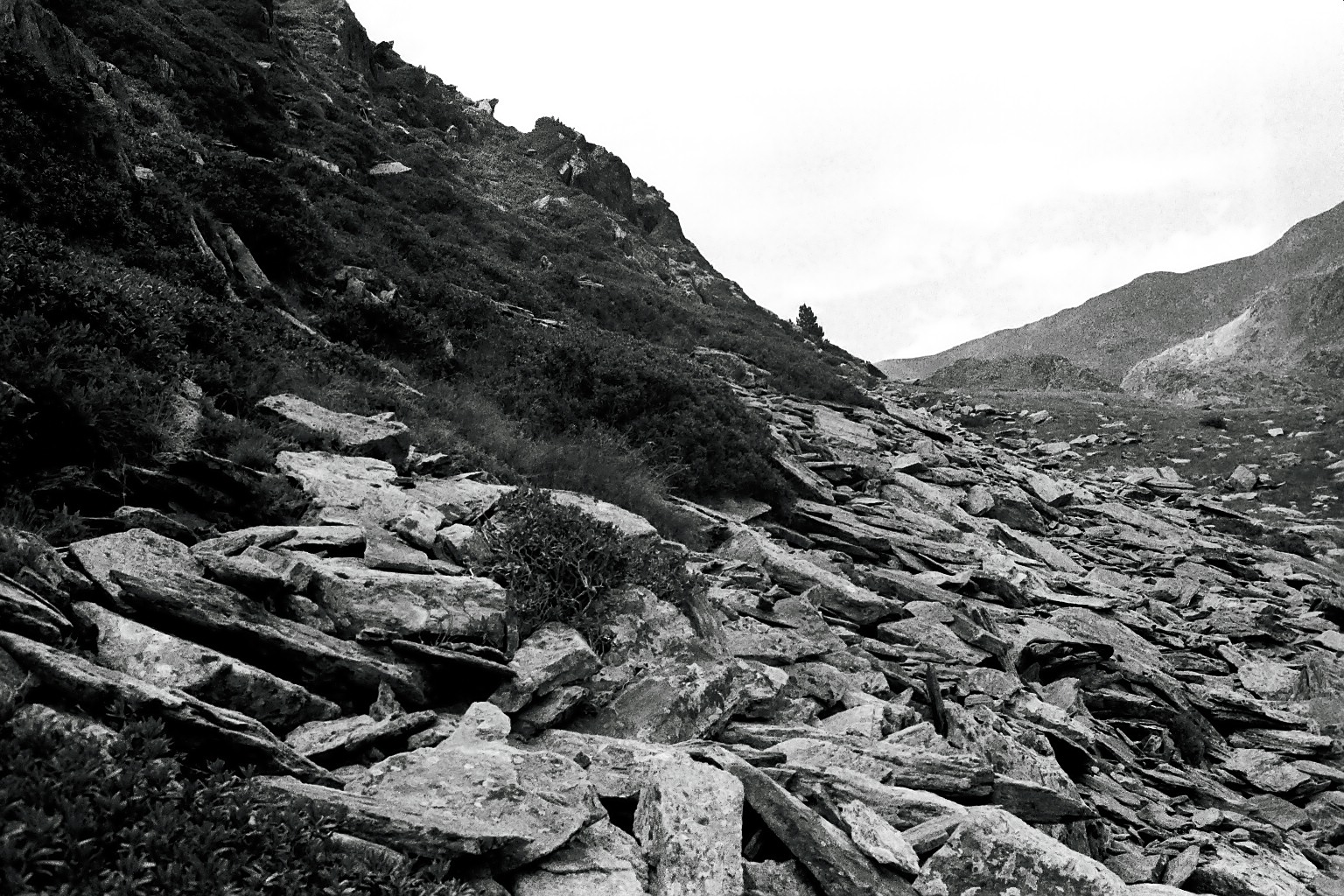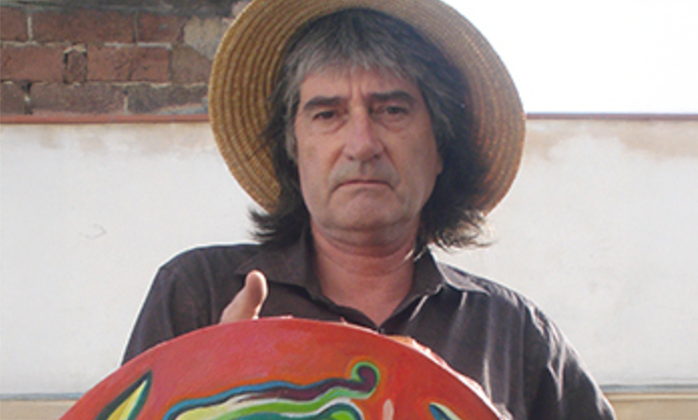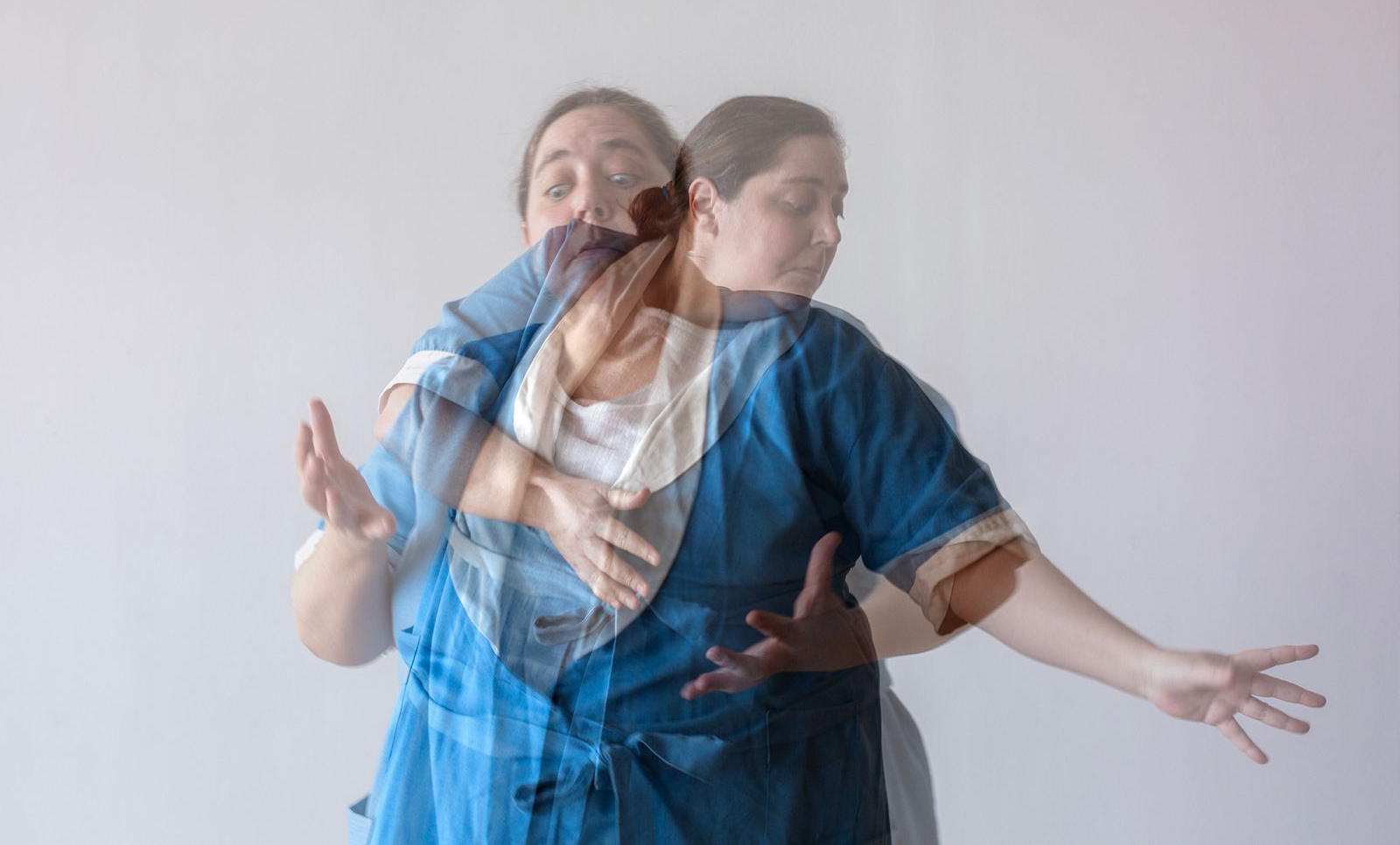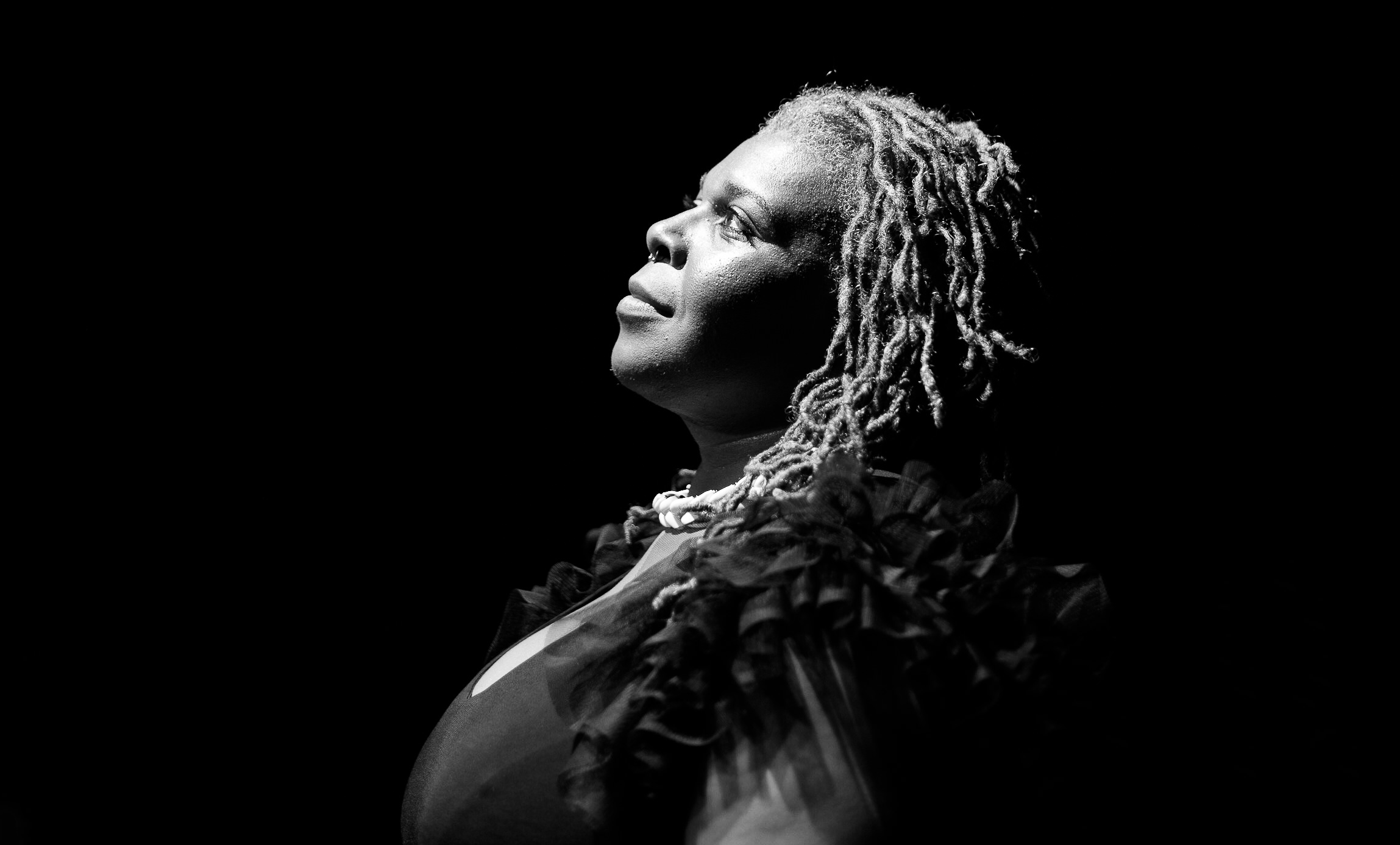What are you looking for?
You might be looking for...
The weather sleeps alone and the snow will fall
Laia Carbonell and Eduard Sanahuja
Activity open to all and free with capacity limited to 55 people
Language: catalan

© Francesc Gelonch
Someone has said that poetry is a method for explaining the inexplicable. It could be, but Laia Carbonell and Eduard Sanahuja believe that poetry does not "explain" and that it is rather prosaic to reduce it to a "method". They think of it more as a vine that allows them to move from one tree to another, from one forest to another forest, from one landscape to another. Both have decided to unite their trees, one younger and snowy, the other furrowed by the old chisel of time, to offer us poems stripped naked, without gimmicks, without any music other than their own. The daily bread of the poor poet. That bread that is given away when there is no bread left. Someone said that those who have tried it can't put it down.
Activity curated by Sònia Moya
With the participation of Laia Carbonell i Eduard Sanahuja
Laia Carbonell
Laia Carbonell Ferrer (Castellbisbal, 1986) has published the collections of poems Nibrós (Ciutat de Manacor Prize for Poetry Miquel Àngel Riera 2019) and Finlàndia. Poesia amb acompanyament (Amadeu Oller Prize 2015), which have been translated into Spanish by Elena Aguilar into the volume Y caerá la nieve (Mixtura, 2025). With Francesc Gelonch, she translated a selection of Carnets by Albert Camus into Catalan and has promoted the book and documentary on 15-M in Terrassa with the collective "A les vuit al Raval". Since 2019, she has been one of the three programmers of the poetry series L'Horiginal, which has been held for over twenty years in Barcelona, and is also a member of the experimental poetry association Sonhoras.

Eduard Sanahuja
Eduard Sanahuja Yll (Barcelona, 1953) has been a tenured lecturer in the Department of Language, Literature and Social Sciences Education at the University of Barcelona, where he is currently an honorary professor.
In poetry he has published El gos del Galiot (Edicions del Mall, 1981); Mirador (Edicions del Mall, 1983); Doble joc (Columna Edicions, 1988); En defensa pròpia (Editorial Bromera, 1994); Compàs d’espera (Editorial Bromera, 2006); El llançador d’espases (Pagès Editors, 2013); the anthology Sang barata (AdiA Edicions, 2015); Teories del no (Edicions del 1984, 2016); Monòlits. Frases fetes per commemorar desfetes (AdiA Edicions, 2019); Poemes de Calvus (La Garúa - Tanit, 2020); Magnicidi (AdiA Edicions, 2022); the anthology El temps dorm sol (Pagès Editors, 2024), and Mal menor (Lleonard Muntaner Editor, 2024).
He appeared in Sol de sal. La nova poesia catalana, Antologia 1976-2001 (DVD Ediciones, 2001); in 20 del XX. Poetas catalanes (La Otra - Universidad Autónoma de Nuevo León, Monterrey, 2013); in Mig segle de poesia catalana. Del Maig del 68 al 2018 (Edicions Proa, 2018), and in La hora indefensa (Escarabajo Editorial, Bogotà, 2021).
As a translator, he has translated into Catalan part of Blaise Cendrars' poetic work, Prosa del Transsiberià (1992); Capsa d'escats (2008), by the Aragonese poet Javier Carnicer, and 51 poemas de Catul (AdiA Edicions, 2024).
In the field of the dissemination and promotion of poetry, in 1989 he founded, with three other poets, the Aula de Poesia de Barcelona. He is currently the leader of the poetry reading club at the Guinardó - Mercè Rodoreda Library.






